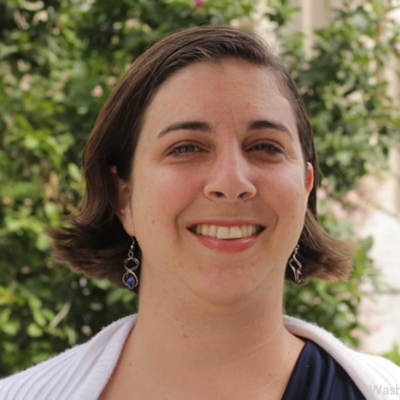I don’t believe in coincidences. Certainly not when Torah is involved, so I doubt it’s a coincidence that we read about the first Jewish diaspora just days before Tisha B’Av. Commemorating the destruction of the Temple, we may think of Tisha B’Av as the beginning of the Diaspora. Actually, the first diaspora begins before Moses dies. Moses speaks of it in this week’s Torah portion, Devarim, in Deuteronomy 3:18-20.
As part of Moses’ speech to the Israelites, we are reminded of an incident from Numbers 32, when the tribes of Reuben and Gad tell Moses they’d like to settle where they are and not cross into the Land of Israel. Moses replies, “Should your fellow Israelites go to war while you sit here?”
I’ve heard that before. You have, too.
“You diaspora Jews, you don’t send your sons to the army. You don’t understand. You have no right to tell us Israelis what to do!”
Find more commentaries on Parshat Devarim.
For generations, we’ve heard this same line. “Please give us your money and your lobbyists, your tourism and your cheerleading, but don’t ever say anything bad about Israel, or you are playing into the hands of the antisemites.”
This time it’s different. This attempted judicial overhaul is different! This time, thinkers like Rabbi Daniel Gordis, Matti Friedman, and Yossi Klein HaLevi, who had always opposed “airing our dirty laundry in public,” are publicly asking us to speak up. This time, even mainstream Jewish organizations like Jewish Federations are protesting Israeli ministers, in public, loudly.
Rabbi David Hartman z”l said, “Israel is too important to be left to the Israelis.” I couldn’t agree more.
Either the State of Israel is the shared project of the entire Jewish people, or it is not. Either Israel is the homeland of every Jew, or it is not. Either Israel is a democracy of all its citizens, or it is not. Either Israel operates according to Jewish values, or it does not.
The State of Israel is the greatest achievement of the Jewish people in 2,000 years. It’s much “too important to be left to the Israelis.”
There has always been a Jewish diaspora, even from the earliest days of our people. There have always been Jews who, by circumstance or by choice, have lived meaningful Jewish lives outside the Land of Israel.Let’s look closely at the arrangement Moses makes with the Gadites and the Reubenites. This agreement has three parts. First, Moses gives them permission to stay here and build sheepfolds, BUT second, they must fight at the front of all the people. “You must go as shock-troops, warriors all, at the head of your Israelite kin” (Deuteronomy 3:20). Finally, Moses explains, you must forfeit your rights to the land set aside for you in Eretz Yisrael.
Find more commentaries on Israel/Palestine.
In contemporary terms, this means that those of us who choose to live elsewhere must earn that right by performing acts of loyalty and by giving up rights we could have had if we made aliyah. Our acts of loyalty might include following the news from Israel, distinguishing valid criticism of Israel from antisemitism, and calling out Israel’s leaders when they are wrong. These acts bind us to the State and the people of Israel and make clear that, whatever our differences, we are one people. In turn, the most obvious right we give up is the vote. At the end of the day, we have the right to be part of a vibrant and thriving diaspora.
Yet the relationship doesn’t end there. When we read about the cities of refuge in last week’s parshah (Numbers 35:14) — as we will read about them again next week — we learned that the tribes outside of the Land of Israel receive three cities of refuge, just like all the tribes who cross the Jordan into the land. So perhaps, in the end, the Diaspora is equal and not entirely separate.
We are a nation of tribes — Sephardi, Ashkenazi, Haredi, secular, and so on. Each tribe has something to offer the other, even when we don’t feel it.
Israel is too important for us to throw up our hands and turn away, just because it feels like we’re losing. Israel needs us and we need them. If we will it, it may not be a dream.
Rabbi Laurie Green serves as a hospice chaplain in Baltimore, MD. Until recently, she was a pulpit rabbi for 17 years. Rabbi Green is an activist, author, educator, ema, and Progressive Zionist. She gives her thanks to colleagues at the Shalom Hartman Institute and T’ruah for helping clarify her thinking in this d’rash.

